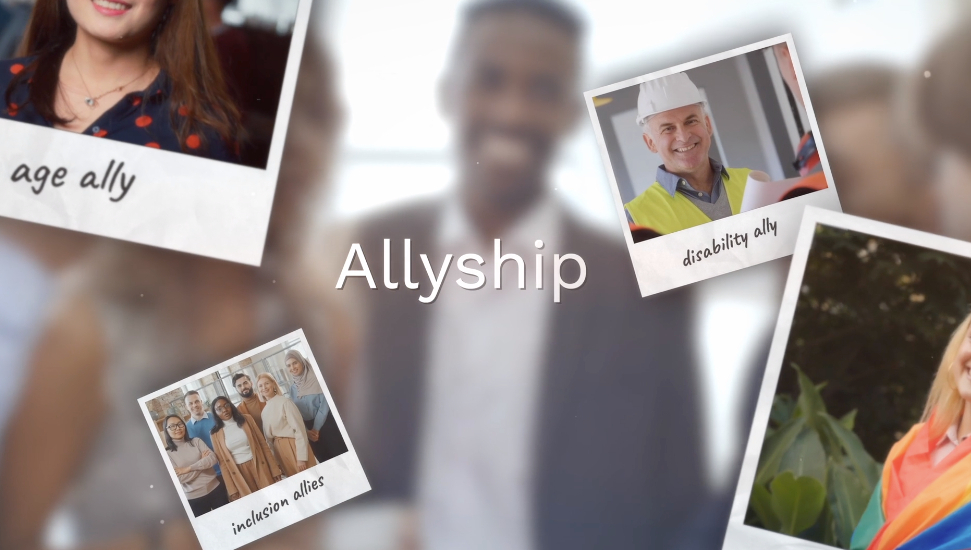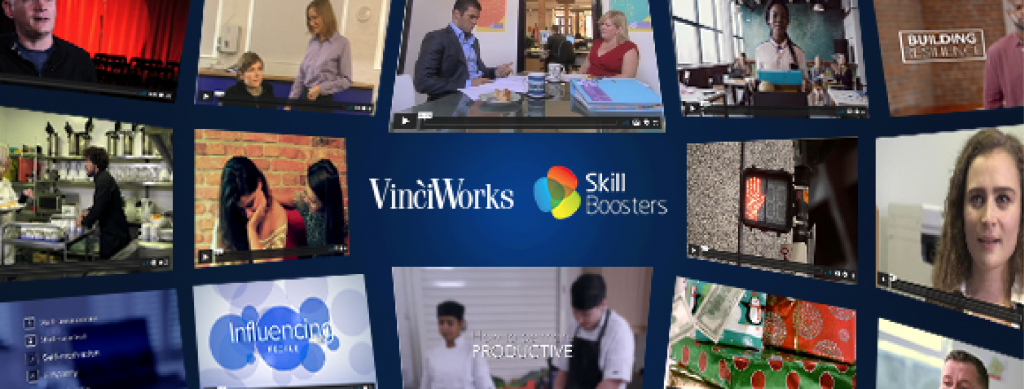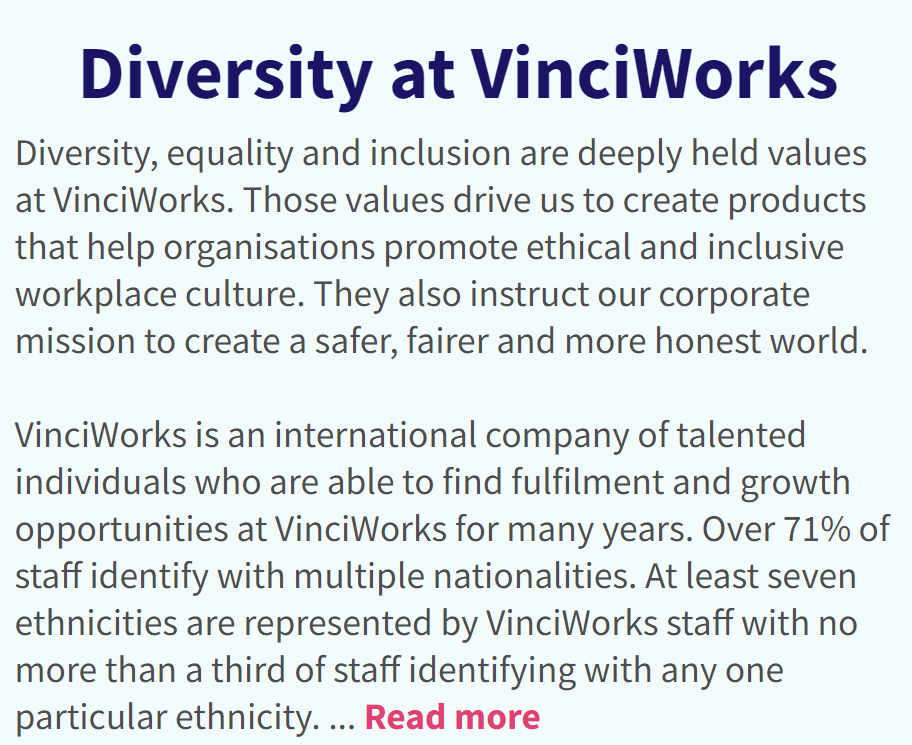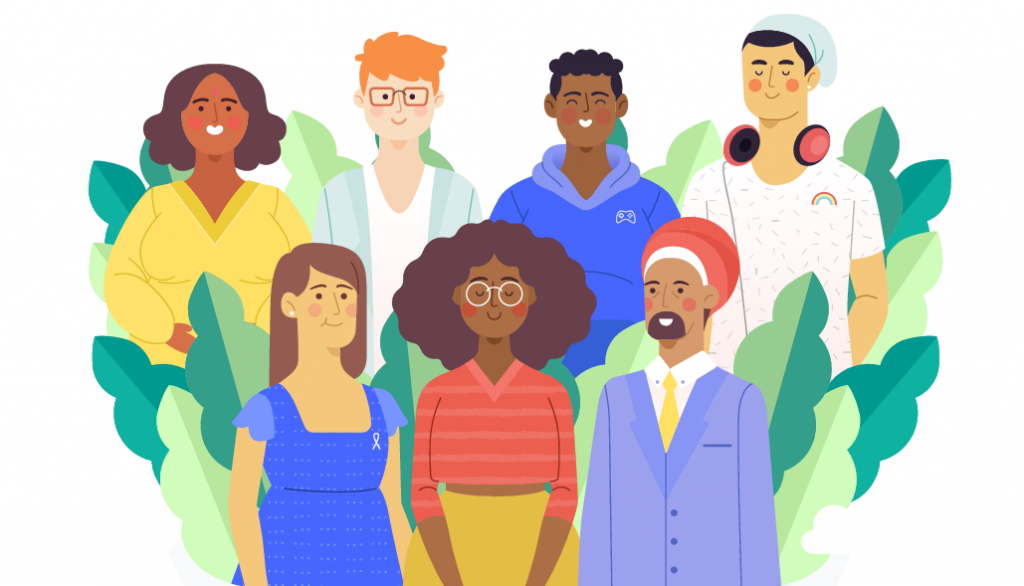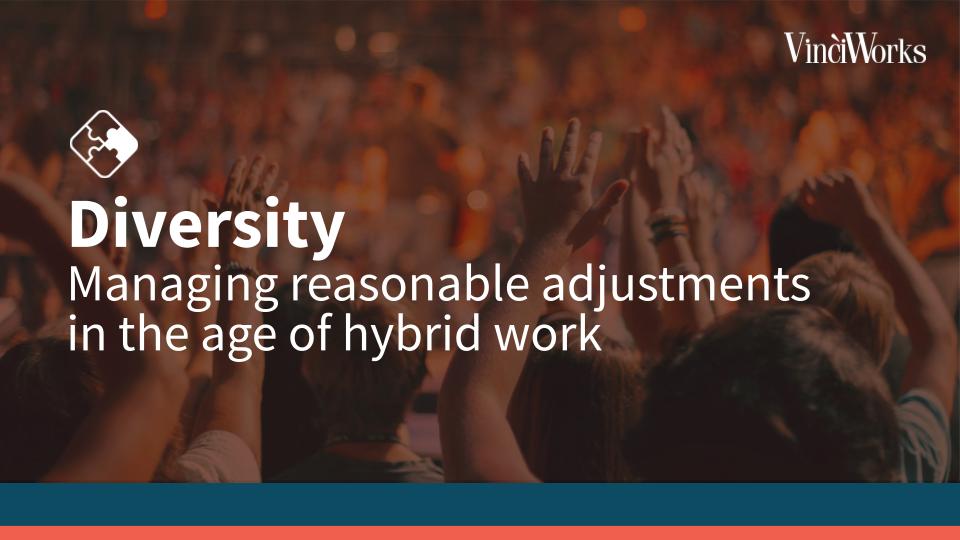October marks World Menopause Month. Menopause can cause a wide range of debilitating symptoms that affect work and relationships, and the low hormone levels resulting from menopause can also lead to long-term medical issues such as heart disease, diabetes and dementia. With women over 50 being one of the fastest-growing groups in the workforce, organisations are increasingly likely to have employees who are affected by menopause. Being able to have conversations around treatment, support and adjustments is crucial for ensuring their well-being, engagement and productivity.
The stigma around menopause in the workplace
The stigma around menopause and a general lack of understanding can make it difficult for people who are going through menopause to recognise their symptoms or speak about them openly. It can also be hard for managers and colleagues to effectively and sensitively approach the issue and offer support.
What is menopause?
Menopause is a natural biological process, but it can also occur as a result of certain medical treatments, such as chemotherapy or surgical operations to remove the womb or ovaries, which can lead to what is known as surgical menopause. The perimenopause, or menopause transition, begins several years before menopause and is the time when the ovaries gradually start making less of the hormone oestrogen. People going through perimenopause can experience a range of symptoms and menstrual irregularities. Some of these symptoms include hot flushes, night sweats, trouble sleeping, anxiety, poor concentration and irritability. Those experiencing menopause also have an increased risk of conditions such as heart disease, diabetes and dementia.
Continue reading
